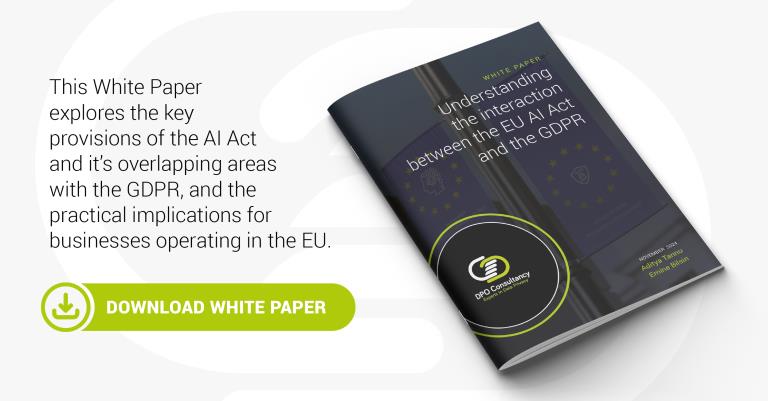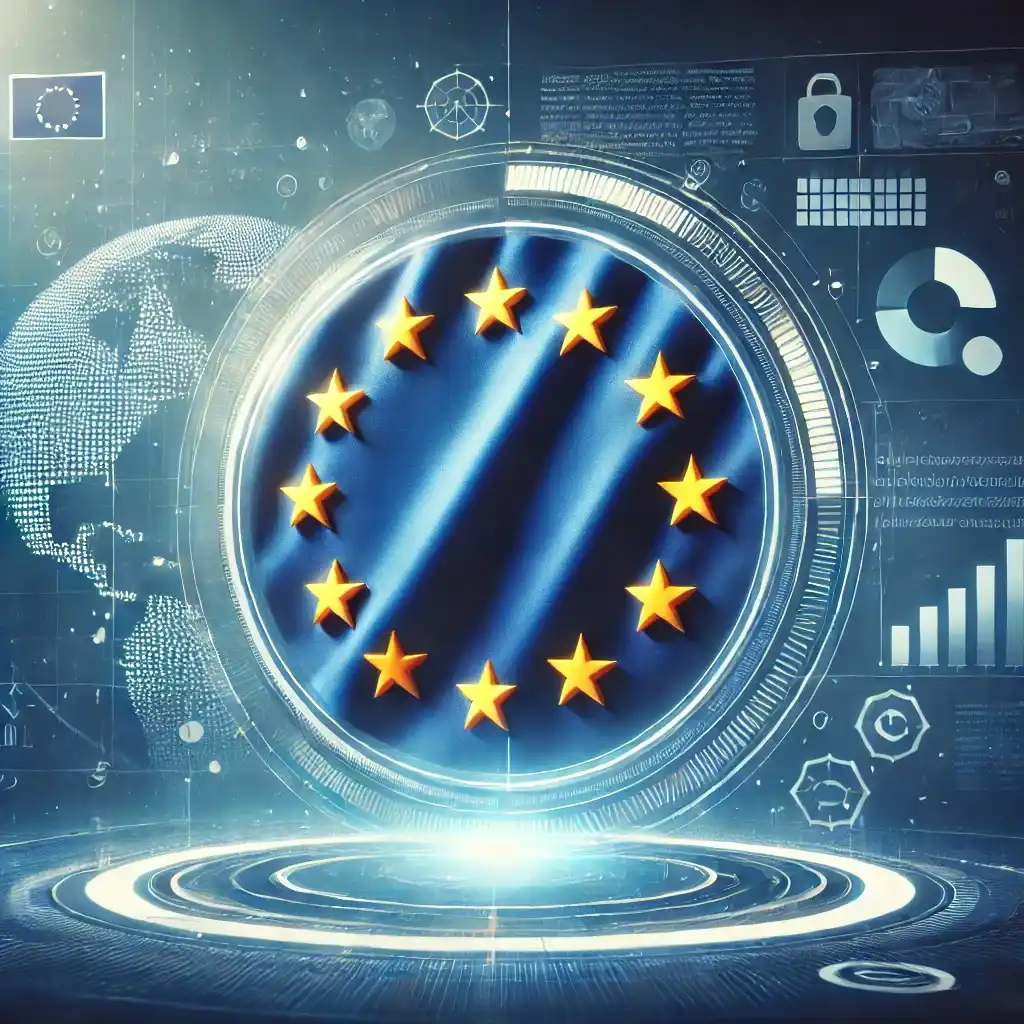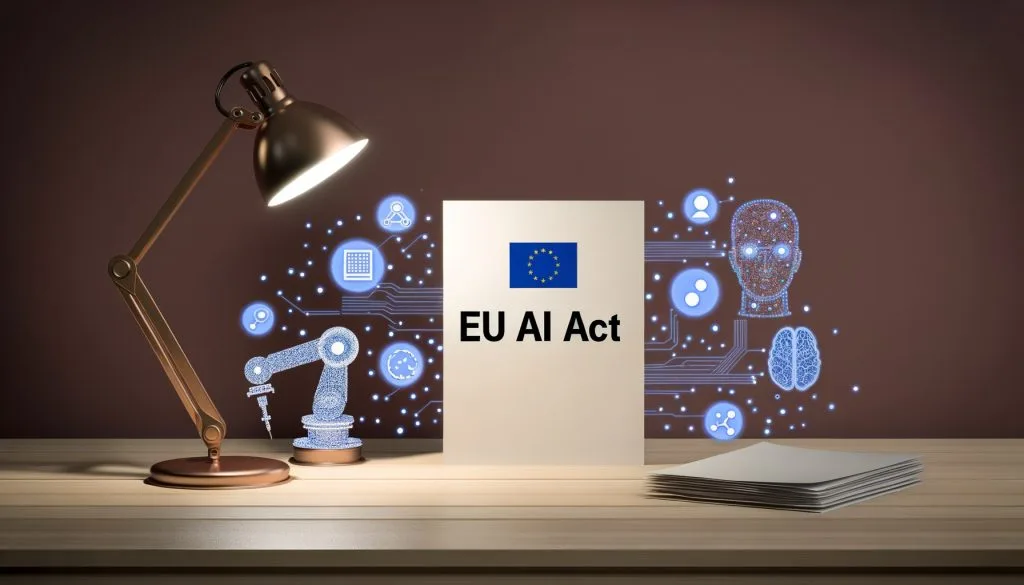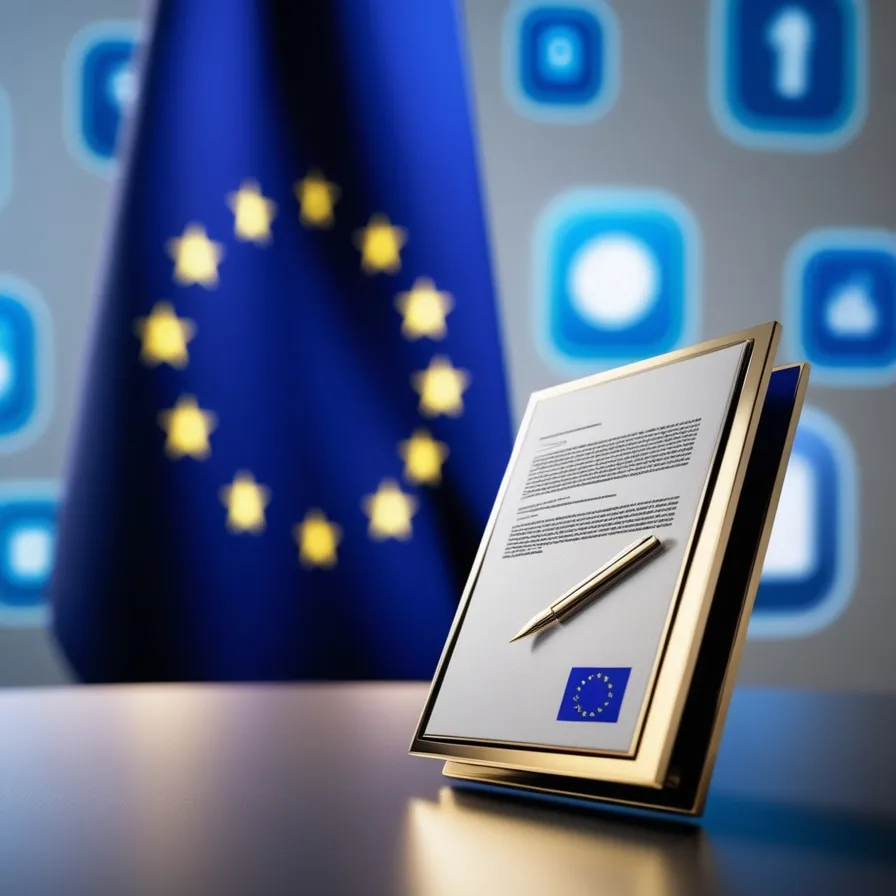
GDPR Trainings
Knowledge and awareness at the right level
The importance of a GDPR Training Plan
GDPR and Data Privacy compliance are human work. Privacy policies can be successful only if the knowledge is shared at the right level and employees are aware of risks and procedures. Permanent education of everyone in the organization is therefore essential. It is not without reason that this is prescribed by law. Therefore, your organization cannot do without a well-developed and organization-wide education plan to work on knowledge and awareness.
“Education, not only documentation, is the core of a good privacy and data protection policy. Without knowledge and awareness, all plans are made in vain.”
Johan Martens – Partner at DPO Consultancy | Privacy & Data Protection Consultant
DPO-as-a-Service at Jaguar Land Rover | Senior Lecturer at the DPOC Academy
CIPP/E | CIPM


Our GDPR Trainings
The DPO Consultancy training courses give privacy and data protection professionals the skills to face the challenges of today and tomorrow. Our training program is built on a solid theoretical basis, supplemented with practical experience. The teachers are able to combine theory and practice so that the acquired knowledge can immediately be put into practice. Our range of courses varies from basic to in-depth training in privacy legislation and data protection. We also offer tailor-made training, while our e-learning solution is the ideal way to demonstrably provide permanent education for all employees.
Expand your knowledge on GDPR and Privacy with our latest publications
Get in touch!
Do you have a question?
Call us
Mail us
To provide the best experiences, we use technologies such as cookies to store and/or access information about your device. Agreeing to these technologies allows us to process data such as browsing behavior or unique IDs on this site. If you do not give consent or withdraw your consent, this may adversely affect certain functions and options





























